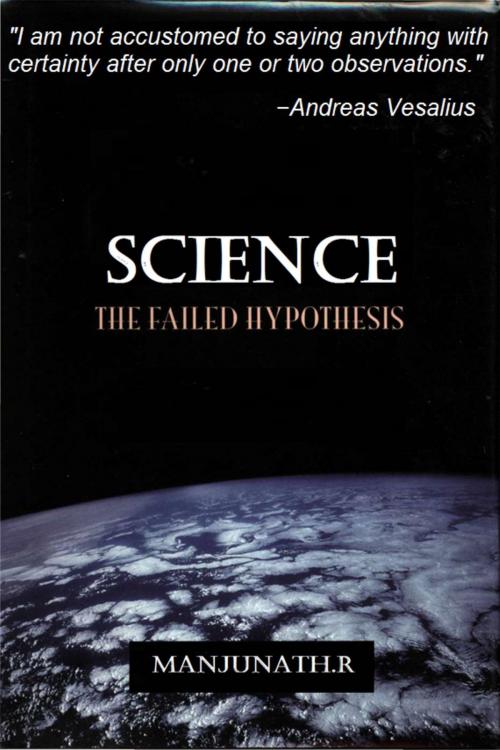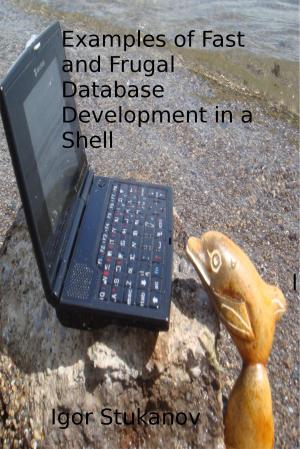SCIENCE
THE FAILED HYPOTHESIS
Nonfiction, Science & Nature, Science, Physics, Mathematical Physics, General Physics, Mathematics| Author: | Manjunath R | ISBN: | 9782765921974 |
| Publisher: | Osmora Inc. | Publication: | November 30, 2015 |
| Imprint: | Osmora Inc. | Language: | English |
| Author: | Manjunath R |
| ISBN: | 9782765921974 |
| Publisher: | Osmora Inc. |
| Publication: | November 30, 2015 |
| Imprint: | Osmora Inc. |
| Language: | English |
Subaltern notable – built on the work of the great astronomers Galileo Galilei, Nicolaus Copernicus (who took the details of Ptolemy, and found a way to look at the same construction from a slightly different perspective and discover that the Earth is not the center of the universe) and Johannes Kepler – which take us on a journey from the time when Aristotle and the world of that era believed that Earth was the center of the universe and supported on the back of a giant tortoise to our contemporary age when we know better − regards body of knowledge as painterly truth. Rather it is absolutely-absolutely false. The word “certainty” in the Game of Science is a misleading term. The history of science, from Copernicus and Galileo to the present, is replete with examples that belie the charge of uncertainism in science. Despite the fact that science (which is guided by natural law and is testable against the empirical world) has revolutionized every aspect of human life and greatly clarified our understanding of the world, it has weighty limitations and it’s a journey not a destination and the advance of knowledge is an infinite progression towards a goal that forever recedes. And it's our main ingredient for understanding − a means of accepting what we've learned, challenging what we (a hoard of talking monkeys who’s consciousness is from a collection of connected neurons − hammering away on typewriters and by pure chance eventually ranging the values for the (fundamental) numbers that would allow the development of any form of intelligent life) think, and knowing that in some of the things that we think, there may be something to modify and to change. We now have considerable empirical data and highly successful scientific interpretations that bear on the question of certainty. The time has come to examine what those data and models tell us about the validity of the scientific hypothesis.
Subaltern notable – built on the work of the great astronomers Galileo Galilei, Nicolaus Copernicus (who took the details of Ptolemy, and found a way to look at the same construction from a slightly different perspective and discover that the Earth is not the center of the universe) and Johannes Kepler – which take us on a journey from the time when Aristotle and the world of that era believed that Earth was the center of the universe and supported on the back of a giant tortoise to our contemporary age when we know better − regards body of knowledge as painterly truth. Rather it is absolutely-absolutely false. The word “certainty” in the Game of Science is a misleading term. The history of science, from Copernicus and Galileo to the present, is replete with examples that belie the charge of uncertainism in science. Despite the fact that science (which is guided by natural law and is testable against the empirical world) has revolutionized every aspect of human life and greatly clarified our understanding of the world, it has weighty limitations and it’s a journey not a destination and the advance of knowledge is an infinite progression towards a goal that forever recedes. And it's our main ingredient for understanding − a means of accepting what we've learned, challenging what we (a hoard of talking monkeys who’s consciousness is from a collection of connected neurons − hammering away on typewriters and by pure chance eventually ranging the values for the (fundamental) numbers that would allow the development of any form of intelligent life) think, and knowing that in some of the things that we think, there may be something to modify and to change. We now have considerable empirical data and highly successful scientific interpretations that bear on the question of certainty. The time has come to examine what those data and models tell us about the validity of the scientific hypothesis.















